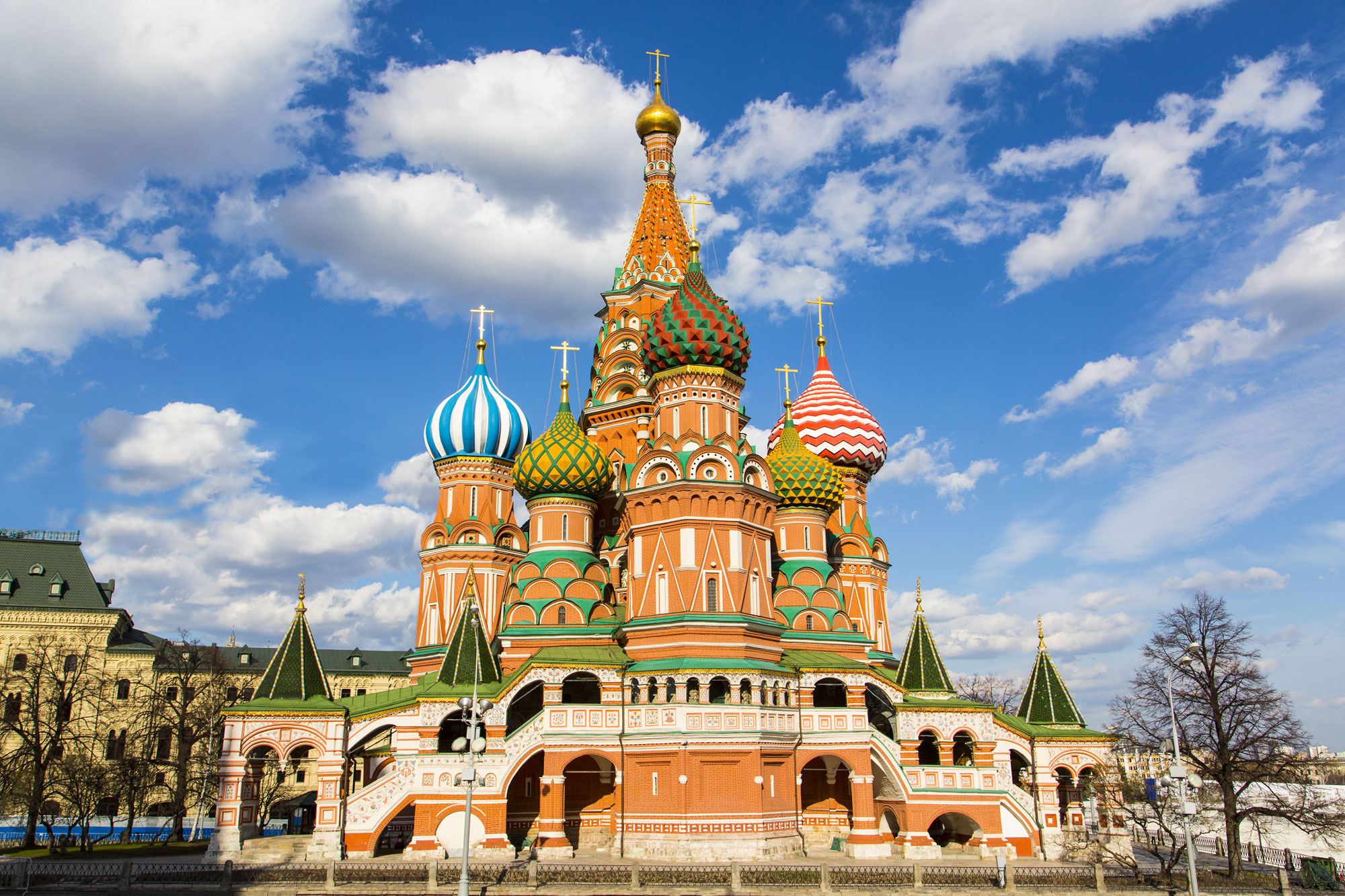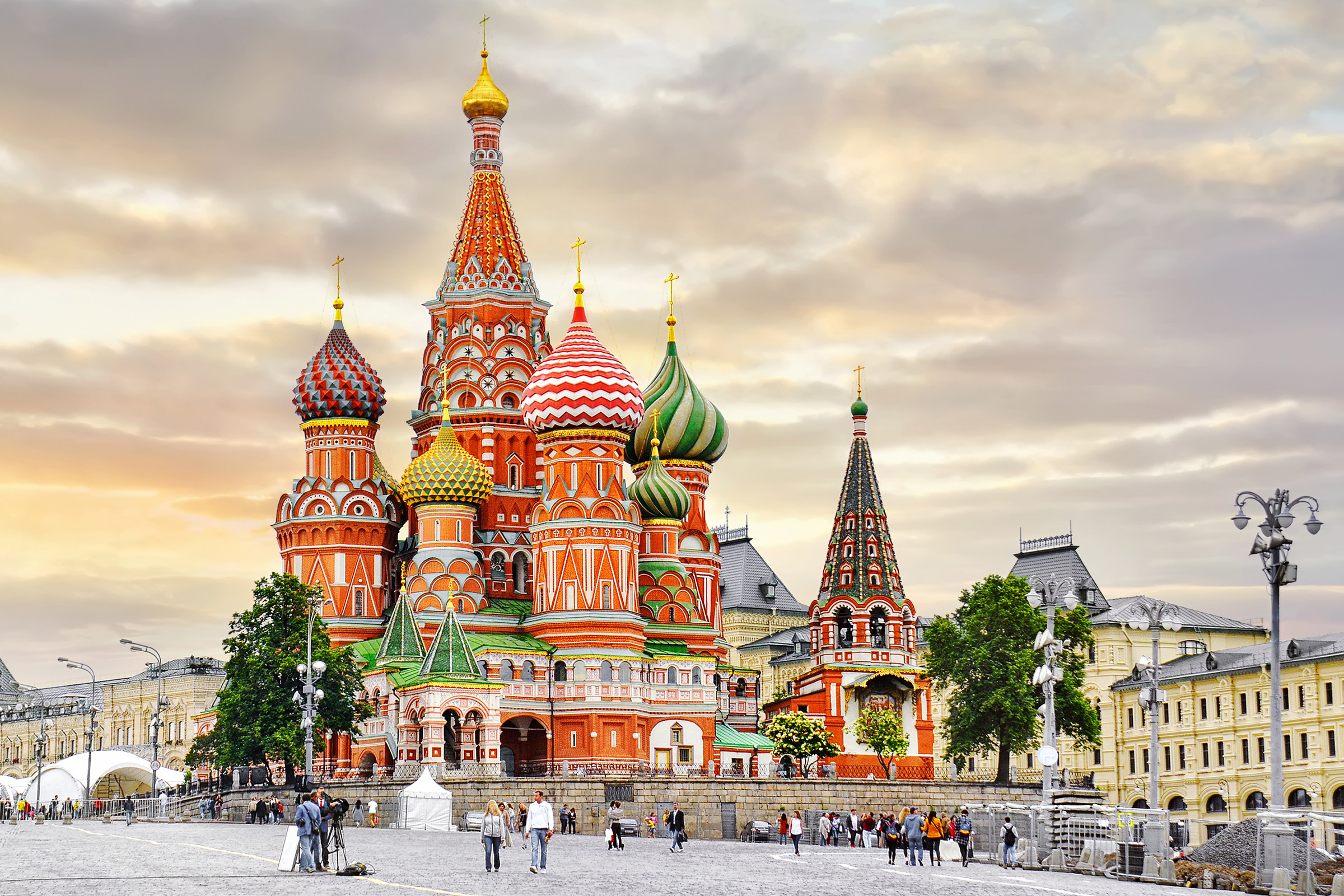Russia Enacts Nationwide Ban on Satanism, Targeting 10M Followers Worldwide
In a move that has sent shockwaves through religious communities both domestically and internationally, the Russian government has officially banned all forms of Satanism. This sweeping prohibition affects both registered and unregistered groups, including the prominent Satanic Temple, which boasts over 10 million followers globally, alongside other significant organizations such as the Church of Satan and the Temple of Set.
Background & Context
The decision to outlaw Satanism in Russia comes amid a broader trend of increased government control over religious practices and beliefs. Historically, Russia has maintained a complex relationship with religious groups, often favoring the Russian Orthodox Church while viewing non-traditional faiths with suspicion. The recent ban aligns with a series of legislative measures aimed at curtailing what the government perceives as harmful ideologies. This legislation raises questions about religious freedom in a country where the state has often intervened in spiritual matters.
The Satanic Temple, founded in 2012, has gained notoriety for its activism and secular approach to religion, promoting social justice, empathy, and the separation of church and state. However, its public image contrasts sharply with the traditional religious values espoused by the Russian government, making it a target for this new legislation. The ban"s implications extend beyond the borders of Russia, affecting the global community of Satanism and raising concerns about freedom of belief worldwide.
Key Developments
The Russian government"s decision was announced through official channels, emphasizing a commitment to protecting citizens from what they describe as the dangers of Satanism. Officials have cited concerns over the potential for these groups to promote violence and anti-social behavior, although critics argue that such claims are unfounded and serve to stigmatize marginalized communities.
In a statement, a government spokesperson declared, "Satanism has no place in our society. We must protect our children and uphold traditional values." This rhetoric reflects a broader cultural narrative in Russia, where the government often frames its policies as protective measures against perceived moral decay. The ban is likely to provoke significant backlash from civil liberties organizations and human rights advocates, who argue that it infringes on individual rights to freedom of expression and belief.
\n\n
Image for Russia Enacts Nationwide Ban on Satanism, Targeting 10M Followers Worldwide
Broader Impact
The implications of this ban are far-reaching, not only for the Satanic community but also for the broader landscape of religious freedom in Russia. Experts warn that this legislation could set a dangerous precedent, emboldening the government to further crack down on other minority faiths. "This is not just about Satanism; it"s indicative of a larger trend towards authoritarianism in religious matters," said Dr. Elena Petrov, a sociologist specializing in religion and state relations. "If the government can target one group, it can easily target others."
Historically, similar situations have arisen in various countries, where governments have sought to suppress non-traditional religions under the guise of protecting societal values. Recent developments in other regions, such as the UK, where a government agency faced backlash for seeking a "Sharia Advisor", highlight the delicate balance between cultural values and religious freedoms. The Russian ban is likely to reignite debates around these themes on an international scale.
What"s Next
As the ban takes effect, the immediate future for Satanic groups in Russia appears precarious. Many organizations may be forced underground, leading to a lack of transparency and increased risk for their members. Legal challenges are anticipated, as groups like the Satanic Temple and the Church of Satan may seek to contest the ban in Russian courts or through international human rights channels.
Furthermore, international reactions are expected to unfold in the coming weeks, with human rights organizations likely to issue statements condemning the ban. As previously reported, similar situations have sparked outrage globally, prompting calls for the protection of individual rights in the face of governmental overreach. Observers will be closely monitoring how this legislation impacts not only the practice of Satanism but also the broader discourse on religious freedom in Russia and beyond.

Image for Russia Enacts Nationwide Ban on Satanism, Targeting 10M Followers Worldwide




![[Video] Pope Leo XIV condemns anti-Christian violence in Nigeria, Bangladesh, and Damascus](/_next/image?url=%2Fapi%2Fimage%2Fthumbnails%2Fthumbnail-1768006244320-mmtpte-thumbnail.jpg&w=3840&q=75)


![[Video] Gunfire between Iraqi security forces and Sadr militias in Baghdad](/_next/image?url=%2Fapi%2Fimage%2Fthumbnails%2Fthumbnail-1768343508874-4redb-thumbnail.jpg&w=3840&q=75)
